Cancún
Cancún (Spanish pronunciation: [kaŋˈkun] ), often Cancun in English (without the accent; or ) is a city in southeast Mexico on the northeast coast of the Yucatán Peninsula in the Mexican state of Quintana Roo. It is a significant tourist destination in Mexico and the seat of the municipality of Benito Juárez. The city is on the Caribbean Sea and is one of Mexico's easternmost points.
Cancún is just north of Mexico's Caribbean coast resort area known as the Riviera Maya.
In the years after the Spanish conquest of Yucatán, much of the Maya population died or left as a result of disease, warfare, and famines, leaving only small settlements on Isla Mujeres and Cozumel Island.[2]
Cancún is a planned city, created to foster tourism. When development of the area as a resort was started on January 23, 1970, Isla Cancún had only three residents, all caretakers of the coconut plantation of Don José de Jesús Lima Gutiérrez, who lived on Isla Mujeres. Some 117 people lived in nearby Puerto Juárez, a fishing village and military base.[3][self-published source?]
 A fountain allusive to Benito Juárez's coat of arms, in Cobá and Náder Avenues
A fountain allusive to Benito Juárez's coat of arms, in Cobá and Náder Avenues Aerial photograph of Cancún
Aerial photograph of CancúnDue to the reluctance of investors to gamble on an unknown area, the Mexican federal government financed the first nine hotels.[3]
The city began as a tourism project in 1974 as an Integrally Planned Center, a pioneer of FONATUR (Fondo Nacional de Fomento al Turismo, National Fund for Tourism Development), formerly known as INFRATUR. Since then, it has undergone a comprehensive transformation from being a fisherman's island to being one of the two most well-known Mexican resorts, along with Acapulco.
Most 'Cancunenses' are from Yucatán and other Mexican states. A growing number are from the rest of the Americas and Europe. The municipal authorities have struggled to provide public services for the constant influx of people, as well as limiting squatters and irregular developments, which now[when?] occupy an estimated ten to fifteen percent of the mainland area on the fringes of the city.[3]
In 2023, a record 21 million tourists visited Cancun, topping the original estimate of 20.5 million. [4]
Public Safety Concerns Estadio de Béisbol Beto Ávila, home of Tigres de Quintana Roo
Estadio de Béisbol Beto Ávila, home of Tigres de Quintana RooIn the 21st century, Cancún had largely avoided the violence associated with the trade of illegal drugs, but drugs are sold to tourists in bars and night clubs. Cancun has gradually been reported for being a center of money laundering.[5] The links with Cancún date from the 1990s and early 2000s, when the area was controlled by the Juárez and Gulf drug cartels. By 2010, Los Zetas, a group that broke away from the Gulf Cartel, had taken control of many smuggling routes through the Yucatán, according to the U.S. Drug Enforcement Administration.[6]
There have been a number of violent acts in the city related to drug trafficking.[7] Between 2013 and 2016, there were 76 murders: 31 in 2016,[7] and at least 193 in 2017,[8] the vast majority related to drug trafficking.[9] Most have occurred in the urban nucleus, and there have been various violent episodes with firearms in the so-called "Zona Hotelera".[9] Beginning in 2018 with a high wave of violence, Cancún is above the national average in homicides.[10] In January 2018 alone, there were 33 homicides, triple the number from January 2017.[11]




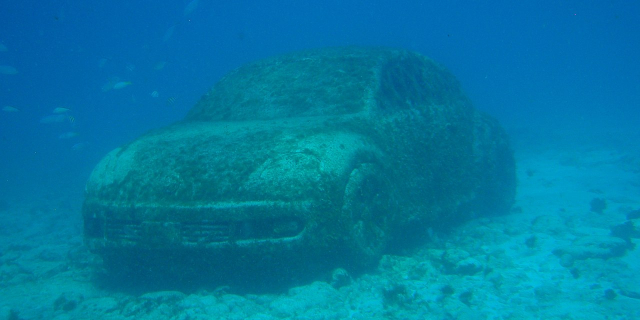

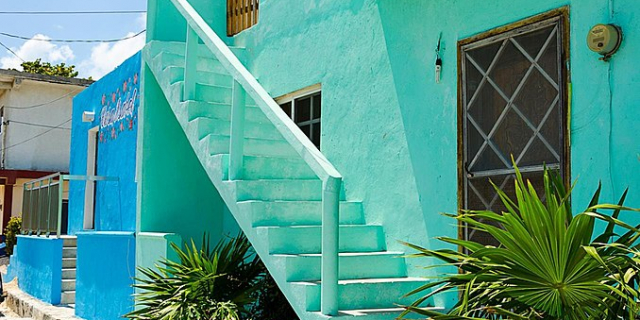

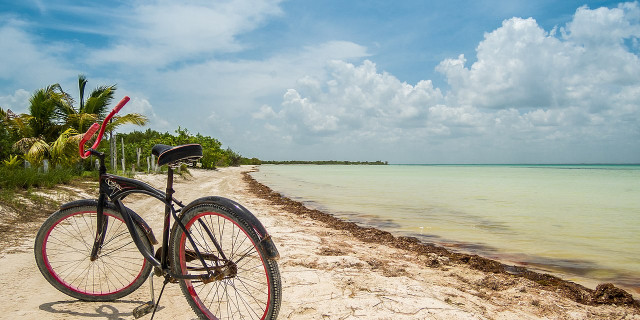

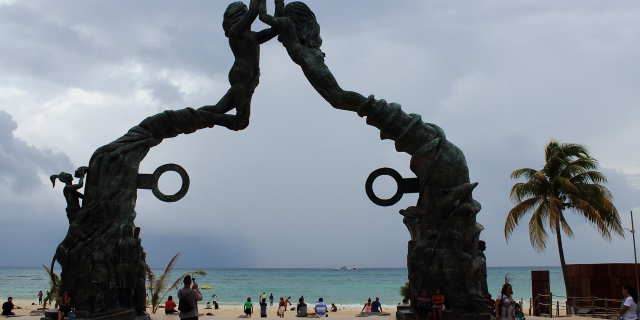

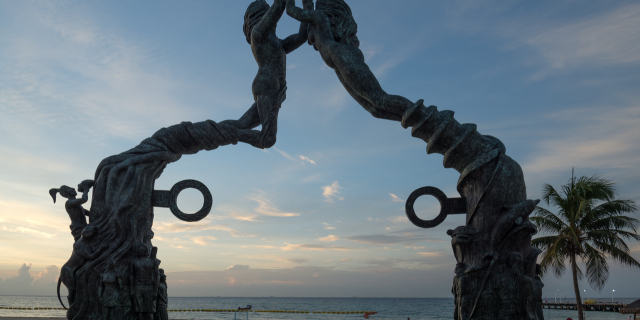

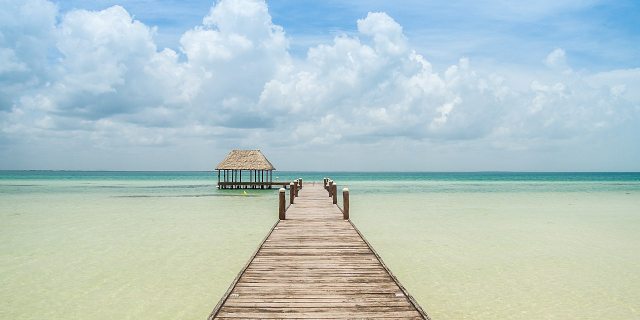


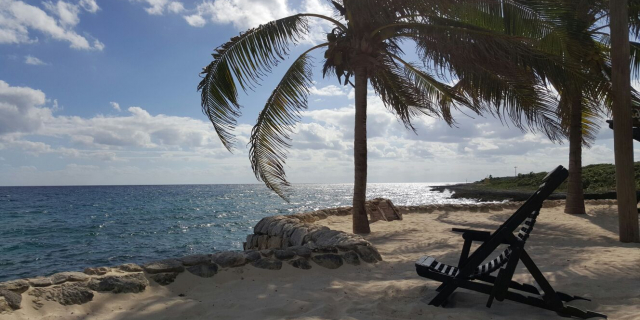


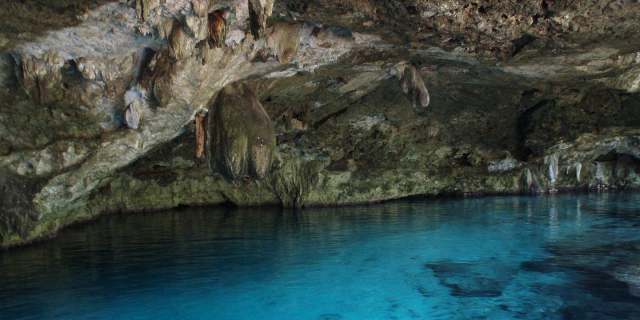
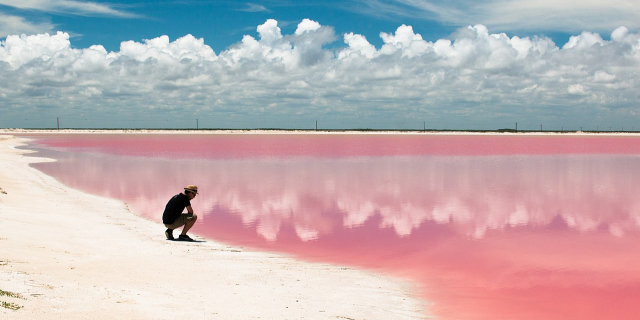





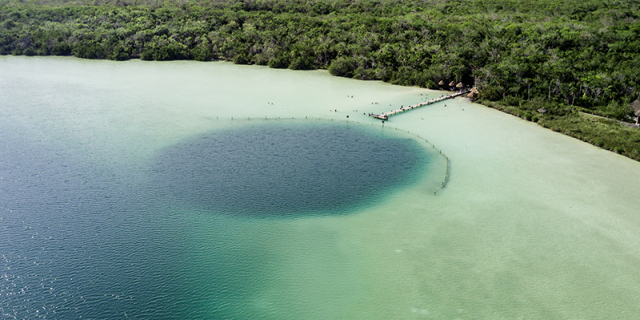
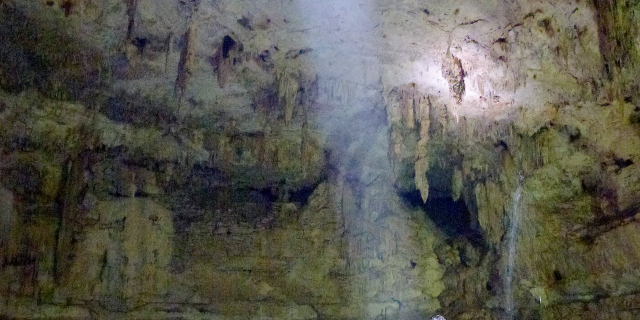
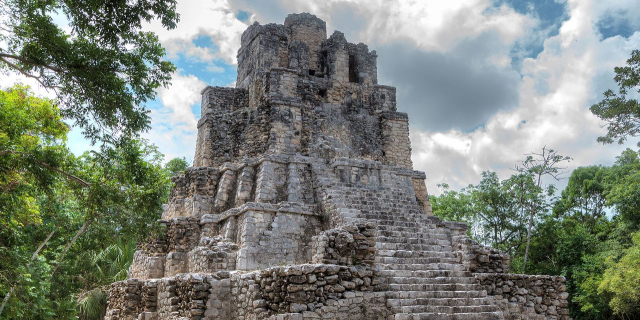
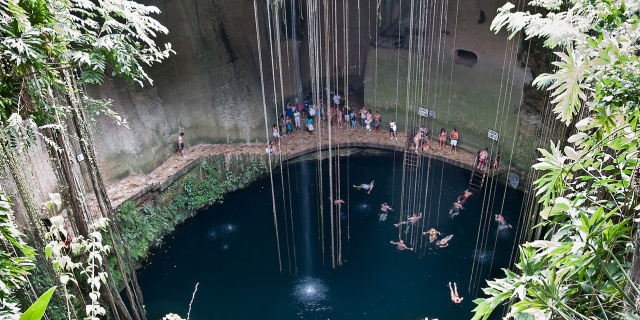
Add new comment